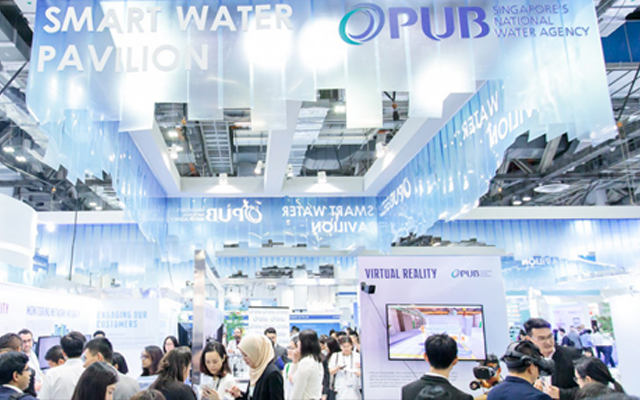Singapore Tourism Board (STB) has identified business tourism as one of four key pillars for the country’s longer-term tourism strategy, which will see efforts centred on creating, attracting and growing high-quality business events – particularly those new to Singapore or the region – that will leave a legacy for Singapore’s critical sectors, such as sustainability, urban solutions, food security, energy security, fintech and advanced manufacturing.
Speaking at the annual Tourism Industry Conference this morning, STB chief executive Keith Tan told industry partners in attendance that Singapore “must defend and grow our position as the global-Asia node for business tourism”.

He said business events stakeholders in the US and Europe have expressed strong desire for face-to-face business events, and many of such gatherings have resumed.
“It is the same in Singapore. Most tradeshows anchored in Singapore and association conventions want to resume fully physical events in the coming months,” Tan added.
Indeed, Singapore will witness the kick-off of three major business events in the coming weeks – Singapore International Water Week and CleanEnviro Summit Singapore in April, and Asia Tech x Singapore in late-May. These will be joined by several others in the rest of the year, such as Global Health Security in June, ITB Asia in October, and Singapore FinTech Festival in November.
According to Tan, the immediate events in April and May are expected to draw about 25,000 people from around the world, with the possibility of even greater numbers “now that we have relaxed our border policies”.
However, he emphasised that the value of these events be appreciated based on thought leadership, breadth and range of the companies represented, and their outcome, instead of the number of attendees.
“Business events, especially high-quality ones, bring companies from around the world to Singapore, creating a marketplace for Singapore’s own companies that would not exist otherwise. Our MICE strategies do not just serve tourism outcomes, but also larger economic outcomes, placing Singapore at the heart of business flows. (These would be) flows of ideas and talents,” he detailed.
Tan told TTGmice that efforts are made to grow events that are complementary to Singapore’s strengths and are aligned with Singapore’s economic strategies. To do that, STB is working with various government agencies to attract relevant industry associations to be headquartered in the city-state. The presence of these professional headquarters will “create critical mass and ideas in these areas”.
Some of the agencies in collaboration with STB are National Environment Agency and Public Utilities Board for Singapore International Water Week, for instance.
Presently, Singapore’s calendar of business events for 2022 is “packed”, described Tan.
When asked if demand for event resources was therefore outstripping available supply and if Singapore had to turn away some events, as was the case in pre-pandemic hey days, STB deputy chief executive, Yap Chin Siang, told TTGmice: “We won’t turn events away. It is important for us to emerge strong when recovery comes…and to ensure that we have a vibrant and exciting events calendar, both on the leisure and MICE side, so that we can provide many reasons for international travellers to consider Singapore (as a destination).”
When probed further on the impact of Singapore’s intensified manpower challenges on the country’s ability to support high-quality business events that typically demand high service levels, Yap said: “Manpower challenges are not new to Singapore, and Covid has created some difficulties for some industry players. But STB is very cognizant of these manpower challenges. We are working with industry stakeholders and associations very closely to position the tourism sector as one that continues to hold excellent business potential in the medium to long-term.
“We also have programmes with partners like NTUC (National Trades Union Congress) to facilitate job matching for job seekers to get them back into the industry. Through such efforts, I think the MICE industry will be able to respond well when demand comes.”
He explained that event demand would not “spike overnight and return to pre-pandemic volumes, as much as we wish that would be the case”, which would therefore provide “sufficient time for the government to work with the private sector to ensure we will have enough talents and continue to deliver good and delightful experiences to all our visitors”.





















